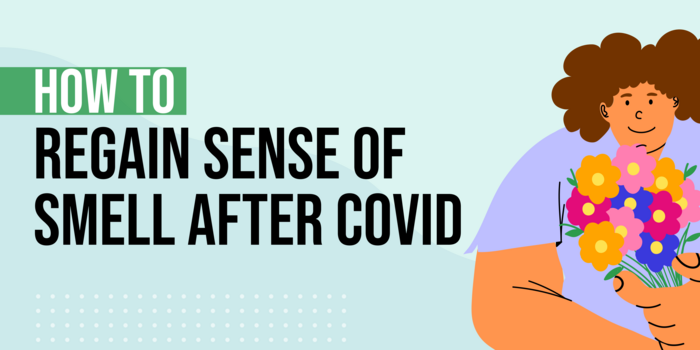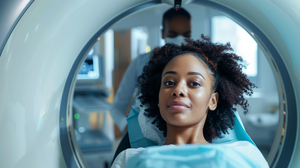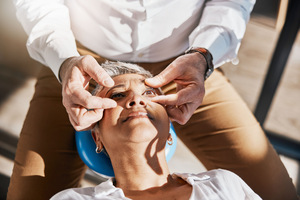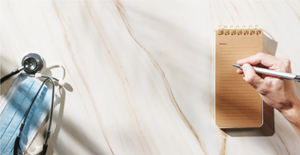Key points
- Loss of smell is a common symptom of COVID-19, often temporary but can last for weeks or months.
- Smell recovery involves using "trigger scents" and essential oils to stimulate the olfactory system.
- Nasal irrigation with a sterile saline solution can help reduce inflammation and clear nasal passages.
- If smell loss persists, consider seeking help from an occupational therapist or an ENT specialist.
- If these methods don't work, the article suggests seeking medical care from an occupational therapist or an ENT specialist.

A common symptom of the COVID-19 virus is a loss of smell. This can last for weeks or even months for some people, according to UC Health. While it isn’t life-threatening, it can be frustrating not being able to smell the things you once enjoyed. If this is something you’re experiencing, you should know that this symptom is often temporary (according to UC Health), and there are some things you can do to get your sense of smell back sooner.
How to Regain Your Sense of Smell
1. Smell Recovery
HealthPartners.com explains that smell recovery involves using different “trigger scents” to help stimulate your olfactory system and encourage it to start functioning again. You can also try using essential oils or aromatherapy to help stimulate your sense of smell. They recommend smelling strong scents (like rose, lemon, clove, and eucalyptus) for around 20 seconds while thinking about things that involve the scent. Because smell is closely linked to memories (as noted by UC Health), thinking of memories associated with the smells you’re trying can help bring back your sense of smell.
UC Health also notes that tasting certain strong smells can help you recover your sense of smell. They recommend trying peanut butter cookies or an apple-cider-vinegar tonic. For the tonic, they recommend making a slurry from the following ingredients:
- 8 ounces fresh ginger root
- 1 large lemon, zested and juiced
- 2/3 cup apple cider vinegar
- 1 tablespoon honey
- 1/8 teaspoon fine sea or kosher salt
2. Nasal Irrigation
Studies published in Jama Network show that nasal irrigation can be useful when trying to regain your sense of smell after COVID-19. Nasal irrigation is a technique that involves flushing out your nasal passages with a sterile saline solution. This can help reduce inflammation and clear out any mucus or other debris that may be blocking your nasal passages.
When To Seek Medical Care
If your loss of smell doesn’t respond to small therapy, HealthPartners.com notes that you may want to consider seeking out the help of an occupational therapist or an ENT (ear, nose, and throat) specialist. These professionals can provide additional support and guidance to help promote recovery of your sense of smell.
FAQs
Is loss of smell a common symptom of COVID-19?
Yes, loss of smell is a common symptom of COVID-19 and can last for weeks or even months.
What can I do to regain my sense of smell after COVID-19?
You can use "trigger scents" or essential oils to stimulate your olfactory system, or try nasal irrigation to clear your nasal passages.
What are some recommended "trigger scents" to help regain smell?
Strong scents like rose, lemon, clove, and eucalyptus are recommended to help stimulate your sense of smell.
Can nasal irrigation help in regaining my sense of smell?
Yes, nasal irrigation with a sterile saline solution can help reduce inflammation and clear any blockage in your nasal passages.
What should I do if my sense of smell doesn't improve?
If your sense of smell doesn't improve, consider seeking help from an occupational therapist or an ENT specialist.
Can these methods guarantee smell recovery?
No, these methods can't guarantee smell recovery, but they have been found to be beneficial for some people.
Are these methods safe to try at home?
Yes, these methods are generally safe to try at home, but always consult with a healthcare professional if you have any concerns.
Are there any potential risks or side effects to these methods?
The article doesn't mention specific risks or side effects, but as with any health practice, it's always best to consult with a healthcare professional before starting new treatments.









